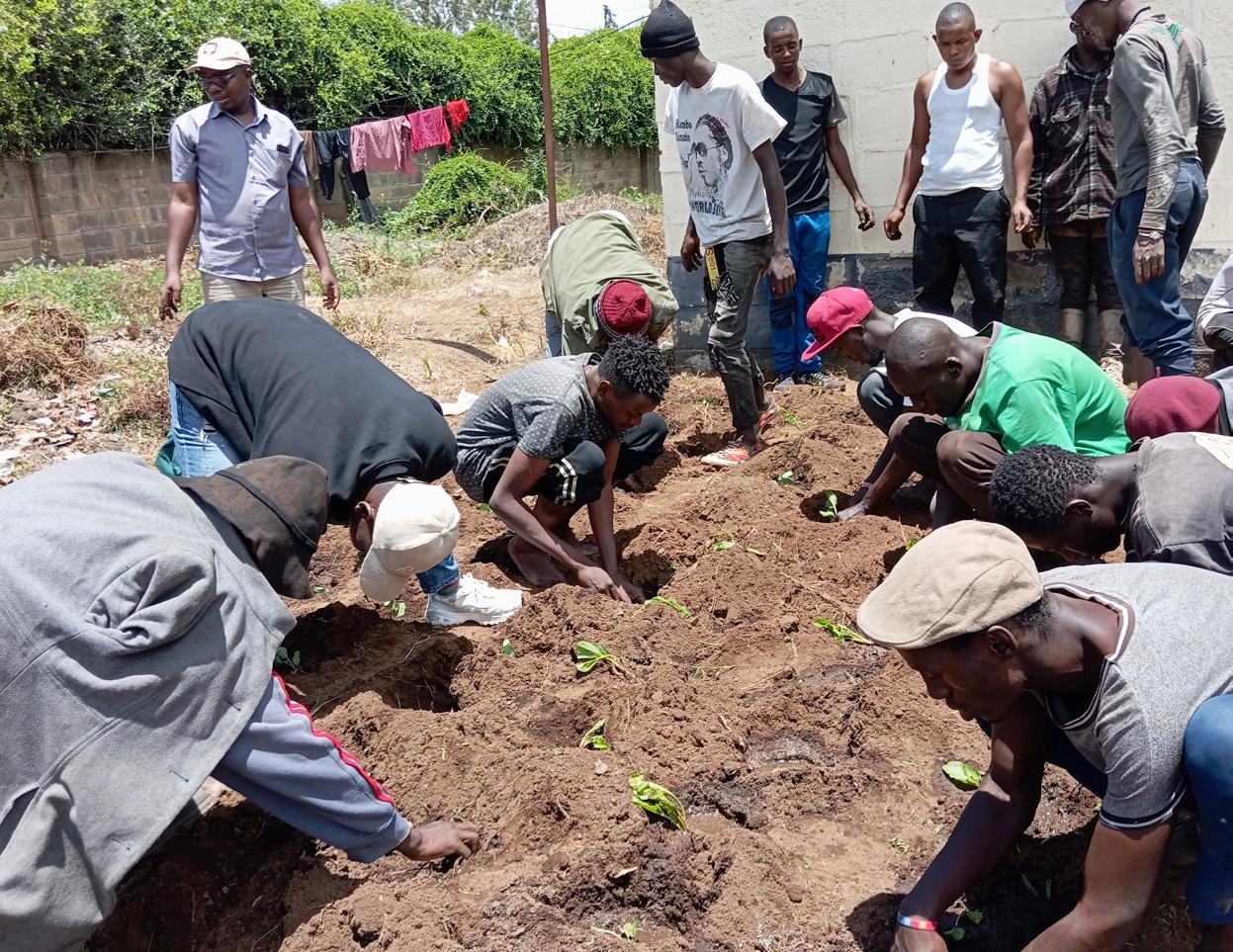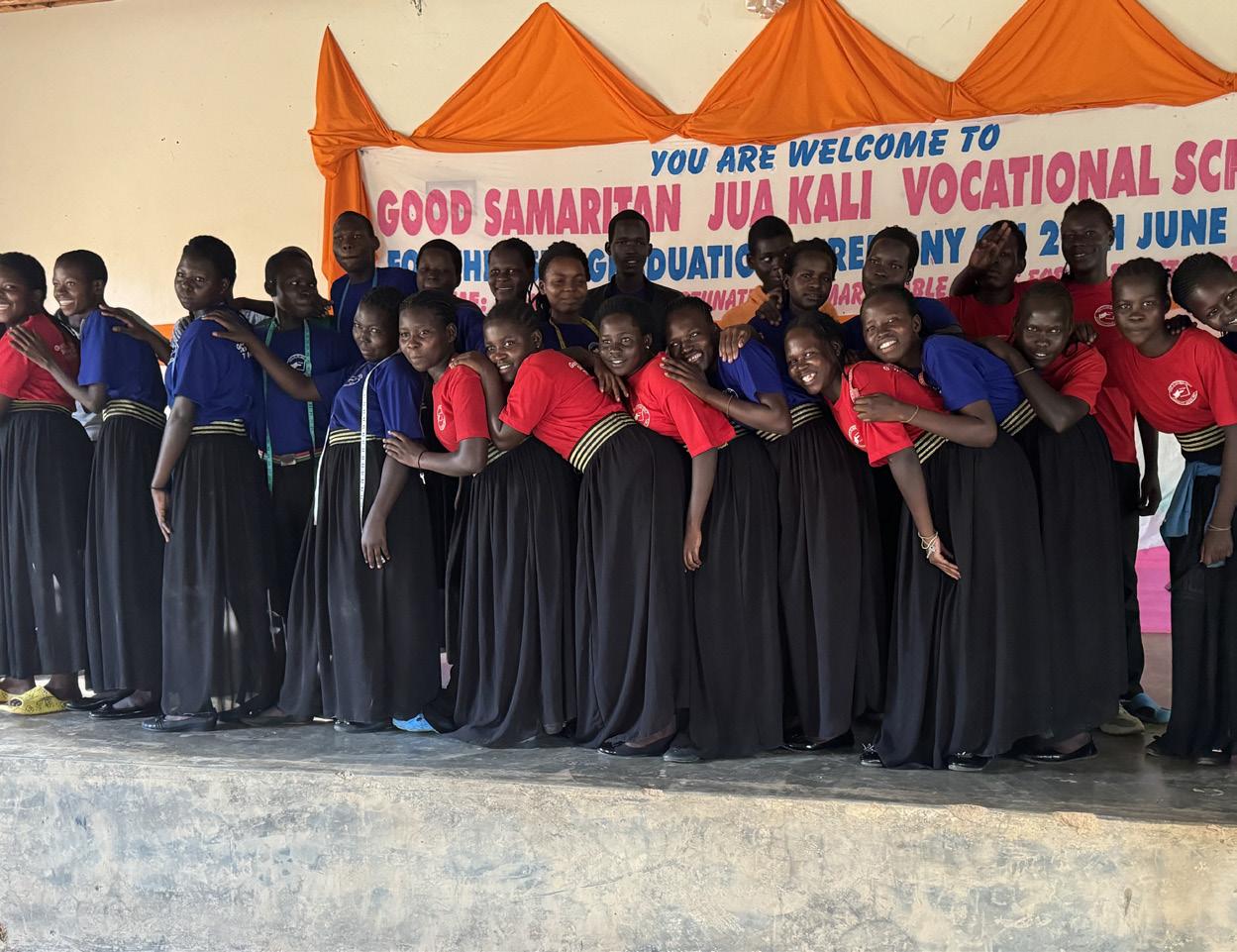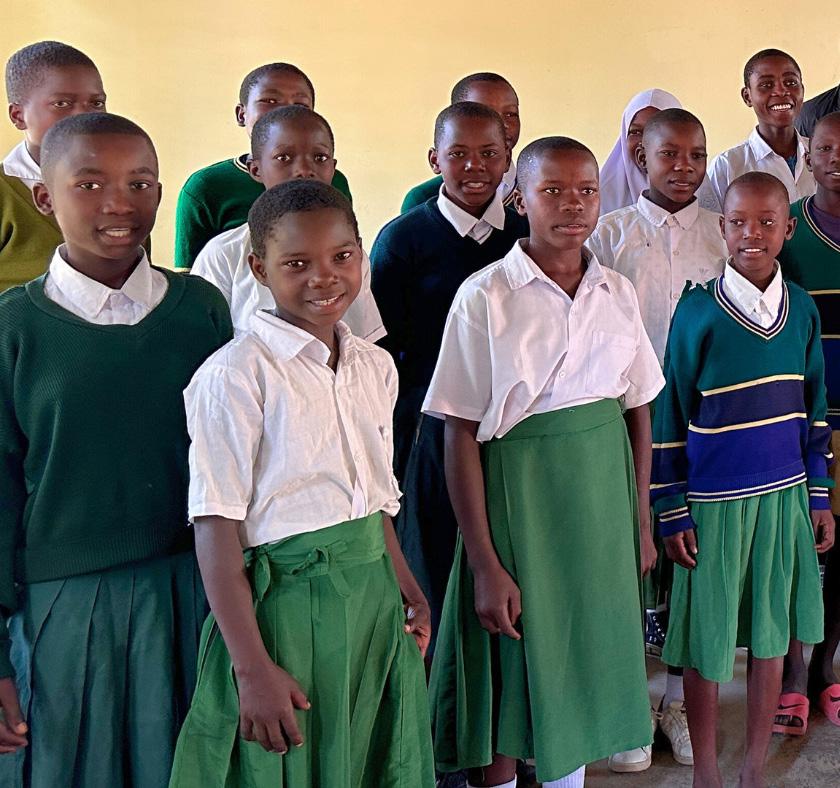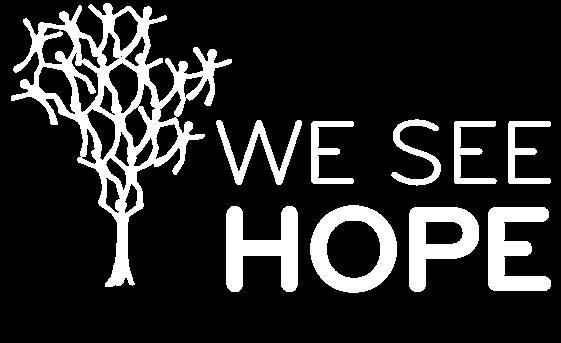




Here’s a snapshot of some of the incredible work your support has made possible over the past few months.
649 young children from central Malawi are now accessing a pre-school education in a proper classroom for the first time.
In the final months of 2024, we worked with our partner MPC Nkhoma to complete the construction of two more pre-school buildings in the rural villages of Khakomba and Mbatamila. This means that we have built four pre-schools across the year. With access to a safe space to begin their learning journey, pre-schools lay a crucial foundation for children’s social, emotional and cognitive development.


Isolated young people living on the streets in Kenya are building their own community support groups called Street Associations and learning crucial life and income skills.
In 2024, with our partner in Nakuru, CDN, we worked nine associations made up of 148 young people. Meeting each week, the members took part in mentorship and life skills sessions as well as business and employability training. Pictured here in December is a farming workshop for one of the associations in Nakuru. Our aim is for all members to learn skills and find jobs so that they can earn an income and leave behind life on the streets for the safety of rented accommodation.
An incredible 236,000,000 Shillingsequivalent to $92,658 - was generated by parents and guardians in Tanzania through our Village Investors Program across 2024.
One of those groups was the Wajasimiliamali Group founded in Mwanza, pictured here in one of their weekly meetings. Consisting of 23 members, this banking group is pooling their money together, granting each other small loans to grow their enterprises, and making profits that benefit 85 of their own children. Not only that, they are stimulating the local economy and strengthening their community for all.


33 out-of-school teenagers are continuing their learning in northern Uganda by taking on vocational training courses in hairdressing, welding and tailoring, and graduated earlier this month!
Uganda has one of the youngest populations in the world with 77% below the age of 25. Demand for jobs is fierce and the labor market cannot keep up. Entrepreneurialism will be key for the future of the country; that’s why as part of their courses we train the students in business skills and have supplied them start up tools and materials so they can now launch their own enterprises.


DELIVERING OUR CHILD RIGHTS PROGRAM IN NORTHERN TANZANIA
Currently, more than 60% of girls in Tanzania are forced to drop out of their studies before they reach secondary school.
This is a result of a complex mix of economic and societal barriers and is particularly common in areas where extreme poverty is high.
When it is a struggle for families to send their children to school due to costs such as travel and uniforms, boys’ education is often prioritized as they are seen as the future breadwinners.
Other barriers girls face are when they reach adolescence, their families are not able to afford period products and so they are forced to stay at home instead.
In areas where child rights abuses such as early marriage and teenage pregnancy are more widespread, girls are less likely to return to school after a long absence and may drop out altogether.
We believe that tackling big issues like these requires holistic, community-wide and led initiatives.
For example, we provide business and finance training to parents and guardians, helping to reduce poverty and break the economic barriers that often prevent girls from continuing their studies. But alongside this, we also set up clubs in schools for children to learn about their rights and responsibilities and run income-generating projects as a further prevention method as the club members can then invest in items such as period products. We also initiate parenting clubs, which made a significant difference for Selestina and her uncle.
Meet Selestina, an 11-year-old student at Chamabanda Primary School.
After Selestina’s father passed away, she was tragically abandoned by her mother and forced to move in with her uncle in Katunguru, a small community along the shores of Lake Victoria.
Initially, life with her uncle was extremely difficult for Selestina. Not seeing the importance of her going to school and getting her education, he forced Selestina to drop out and work on his farm instead. When she tried to talk to him about getting back to her studies, he threatened to send her away.
For the past two years, we have been working with our partner Fanisi Tanzania to set up and run Child Rights Clubs and parenting clubs in five schools in the area, one of which was at Selestina’s school. Learning about her situation,

the members of the club reached out to Selestina’s uncle and encouraged him to go along to one of their weekly meetings. Becoming a regular member, he took part in various workshops about different child rights’ topics, ranging from protection from abuse and family planning to the role of a guardian and the importance of education. Building his understanding of childrens’ rights, he now ensures that Selestina is back attending school regularly and takes a positive role supporting her.
With Fanisi, we are currently working with 250 parents and guardians in Mwanza through these clubs, changing attitudes and driving change for vulnerable children.


